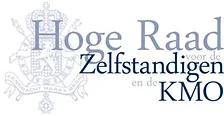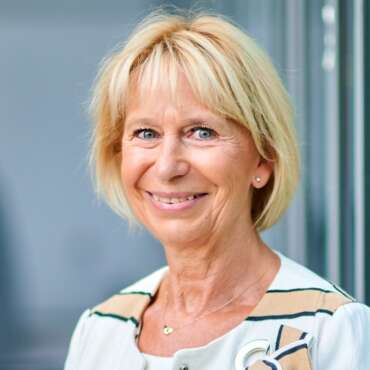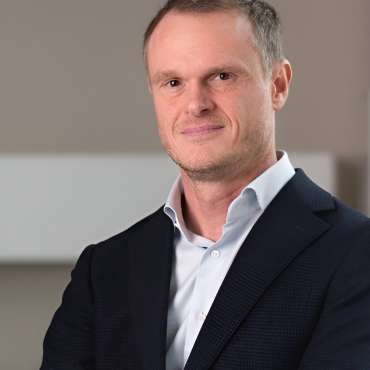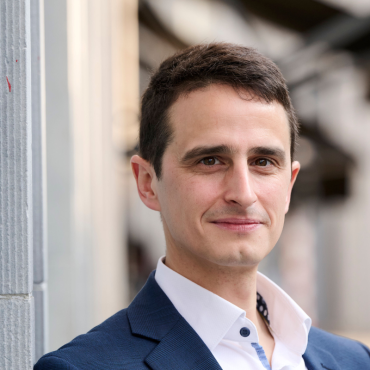De Hoge Raad voor de Zelfstandigen en de KMO” “Conseil Supérieur des Independents et des PME”, or the High Council for the Self-employed and SMEs, is a federal advisory council that unites 180 SME business federations. Jef Cools works as a policy advisor at this council and has been focusing more and more on cyber security in recent years.
What does the High Council for the Self-employed and SMEs mean for entrepreneurs in Belgium?
Besides being a policy advisor to the federal government and European institutions, the High Council is a consultation platform for its members, where we try to tackle common challenges. To give an idea of our range, both the federation of bakeries and the federation of notaries are registered with us. There is one main rule: the SMEs they represent cannot employ more than 50 employees.
When and why did the High Council become a member of the Cyber Security Coalition?
We joined the Coalition five years ago, due to the importance of the subject for SMEs. The Coalition was looking for a way to involve SMEs more closely in its actions, but it was impossible to make each SME organization – and certainly each SME – a member. That is why we intervene as their representative. We have an active membership and are part of the focus groups that deal with awareness, privacy and the Cyber Security Act. The ‘Tools” working group is a subgroup of the Awareness Focus Group, where we update and complete the overview of information, existing tools and support. We also promote cyber security tools to SMEs and offer advice for other projects and organizations that are developing tools.
Unlike many other members of the Cyber Security Coalition, I am not a technical cyber security specialist – but that plays to my advantage. I am on the business side of IT and can explain the experts’ jargon at a layman’s level. We pass on all the information we gather from the Coalition to our members. At the High Council, we have installed a permanent working group on cyber security that includes 14 of our member organizations. There, we test ideas with our target group. This way, we play an active role and contribute to the solution.
Are the self-employed and SMEs aware of cyber dangers? What cyber security challenges do they face?
Awareness increased recently, and the topic has been receiving more media attention, but far too little is still known about the dangers. People underestimate both the odds and the impact of a cyberattack. That is why we need to put a lot of effort into awareness. But for our target group, this only works if we also provide the tools, they need to take action. The numerous solutions for large enterprises do not work for small enterprises, so we need to translate them into adapted formats. It is not necessary to reinvent the wheel. And by taking targeted actions, the self-employed and SMEs can already significantly increase their security.
What support do the self-employed and SMEs need from the Cyber Security Coalition and other organizations?
The Coalition has already initiated many actions and activities, and the Centre for Cyber Security Belgium, the Federal Public Service Economy and the regional governments are also taking steps. The government plays a big role, because security is a primary government responsibility. But it will never be able to guarantee cyber security on its own, of course. The entrepreneurs themselves also have to take responsibility, but we oppose the notion that they must handle their security completely on their own.
Cyber security is a joint challenge and responsibility, so we need a joint approach. Large organizations cannot do it alone, and SMEs even less so. Fortunately, they can count on the cooperation within the Cyber Security Coalition and the support of the government, but there should also be interaction between the self-employed and SMEs within their business federations.
The FPS Economy’s project SME cyber security will undoubtedly be a game changer. For three years, we have been lobbying for support specifically for small businesses. Now the government is going to invest 12 million euros in cyber security for small enterprises with fewer than 50 employees. I am convinced that this will have a huge impact! The High Council is closely involved in the preparation, allocation and follow-up of this project.








